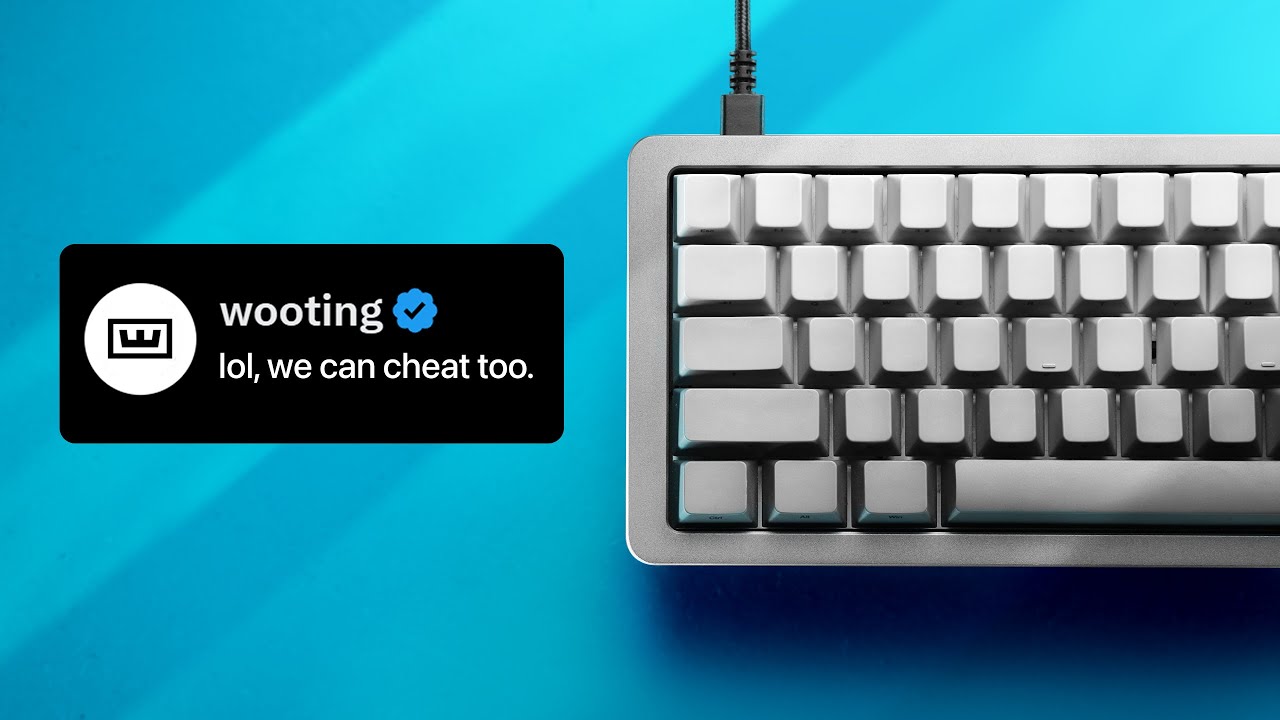The video discusses Razer’s new keyboard featuring built-in null bind scripts that simplify movement mechanics in FPS games, potentially giving players an unfair advantage by reducing the skill required for precise timing. In response, Wooting has introduced a similar feature across their keyboards, prompting a comparison of performance and raising concerns about the implications for competitive gaming and the need for updated tournament rules.
In a recent video, the discussion centers around Razer’s new keyboard, which features built-in null bind scripts that allow for perfect non-overlapping inputs. This innovation enables players to execute extremely fast counter-strafes and rapid AD spamming in first-person shooter (FPS) games, effectively eliminating the skill requirement for precise timing in movement. The video highlights the potential implications of this feature, suggesting that it could lead to unfair advantages in competitive gaming, as it simplifies a crucial aspect of gameplay.
The video also mentions that Wooting, another keyboard manufacturer, has responded to Razer’s move by implementing a similar feature called “SD” (last press priority) across all their keyboards, including older models. This rapid development showcases the competitive nature of the gaming hardware market and the demand for such features among gamers. The narrator expresses mixed feelings about the introduction of these capabilities, acknowledging the impressive customer support from Wooting while questioning the fairness of the feature.
A detailed comparison is made between Razer’s “SnapTap” and Wooting’s implementation. While both keyboards allow for seamless movement inputs, a key difference noted is that Razer’s system temporarily disables the initial key when switching directions, potentially affecting gameplay. In contrast, Wooting’s implementation remains flawless, consistently registering the last pressed input without any interruptions. This aspect could provide a more reliable experience for players who rely on rapid movements.
The video also addresses the latency between the two keyboards, concluding that they perform similarly, with only minor differences that fall within the margin of error. This suggests that both keyboards have reached a level of performance that could significantly impact gaming experiences. The narrator emphasizes that the introduction of these features could change the landscape of competitive gaming, raising concerns about the need for tournament officials to reassess their rules regarding keyboard usage.
Ultimately, the video concludes that the introduction of rapid trigger and null binds represents a significant shift in gaming hardware, effectively automating skills that previously required practice and expertise. With both Razer and Wooting embracing these advancements, the narrator anticipates that other keyboard brands will likely follow suit, further blurring the lines between skill and technology in competitive gaming.
